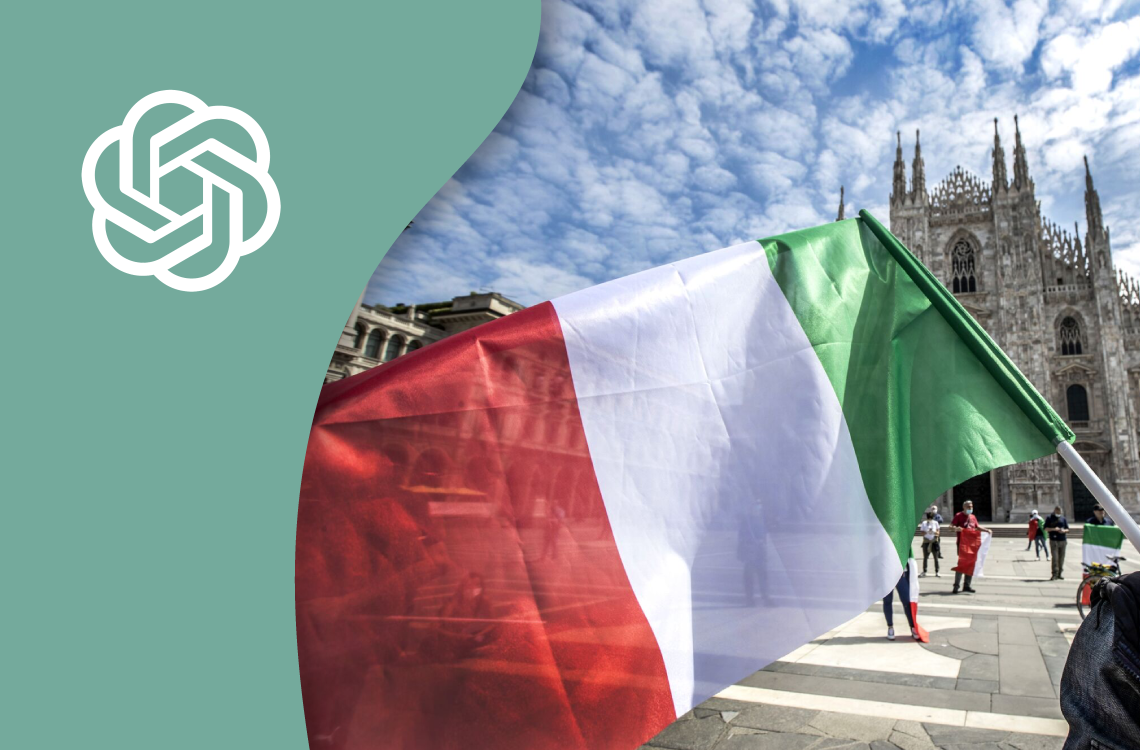After dealing with privacy issues raised by Italy’s data protection agency, Garante, OpenAI’s ChatGPT has successfully resumed its services in the country.
The AI chatbot was previously suspended due to concerns over potential violations of the European Union’s General Data Protection Regulations (GDPR).
OpenAI has now introduced changes to meet the regulator’s requirements, restoring ChatGPT’s availability for Italian users.
Overcoming regulatory hurdles
To address Garante’s concerns, ChatGPT has unveiled its data processing procedures and added age-verification measures, as well as other legal stipulations.
The company has also implemented a new form for European users to exercise their right to erase personal information under the GDPR. Furthermore, OpenAI introduced a tool to validate users’ ages during the sign-up process in Italy.
OpenAI’s CEO, Sam Altman, announced on April 29 that ChatGPT was once again accessible in Italy but did not provide specific details on the steps taken by the company to comply with the regulator’s transparency requirements.
The ban’s revocation came 29 days after its implementation, signaling ChatGPT’s prompt response to local authorities, which has been well-received by its worldwide user base.
Welcoming Italian users back
OpenAI expressed its excitement in welcoming Italian users back to the ChatGPT platform, emphasizing its dedication to protecting user privacy.
The company claims to have resolved or clarified the issues raised by the Italian Data Protection Authority (GPDP), which had accused ChatGPT of unlawfully amassing user data and failing to protect underage users from accessing inappropriate content.
In response to the regulator’s concerns, OpenAI was given 20 days to make the necessary changes. The GPDP stated in mid-April that ChatGPT could return to Italy if the company complied with the requirements by April 30th.
Although the GPDP has not yet commented on the matter, a statement published by the Associated Press (AP) welcomed the measures implemented by OpenAI.
The changes made by OpenAI do not appear to significantly impact how ChatGPT operates in Italy. However, the company is likely to encounter further regulatory challenges.
Spain, Canada, and other countries have initiated or considered investigations into OpenAI’s practices, including its data collection methods for training its large language models and the information generated for users.
Moreover, European lawmakers are advancing the AI Act, which may impose additional requirements on companies like OpenAI, potentially necessitating significant information disclosures.
As AI chatbots like ChatGPT continue to grow in popularity, these regulatory challenges serve as a reminder of the need to balance innovation with privacy and user protection.





